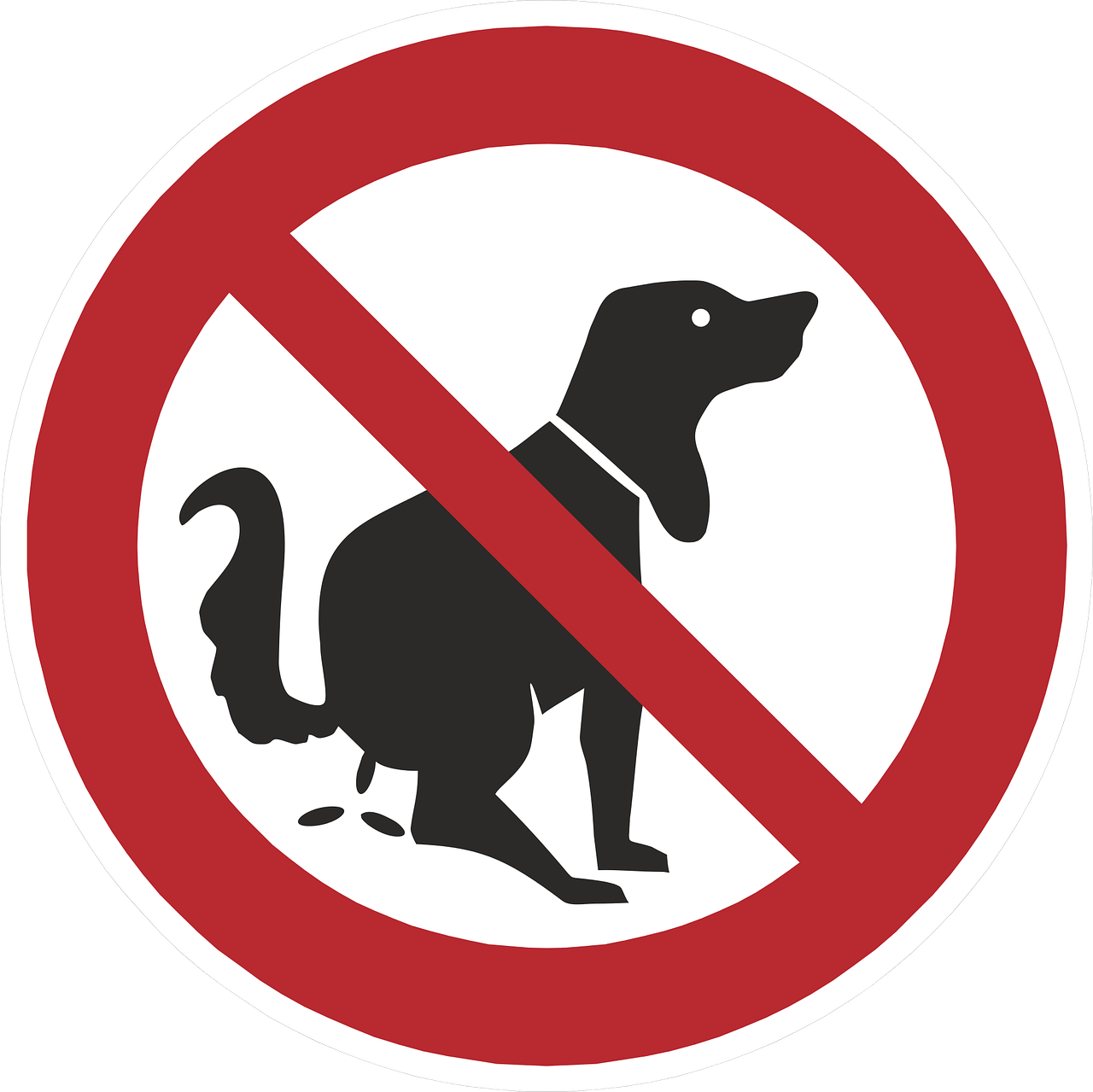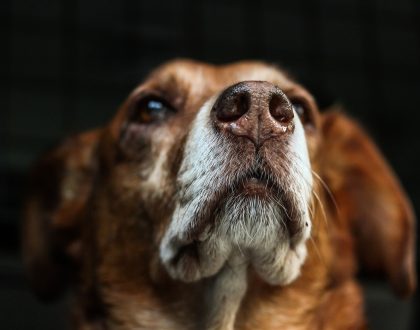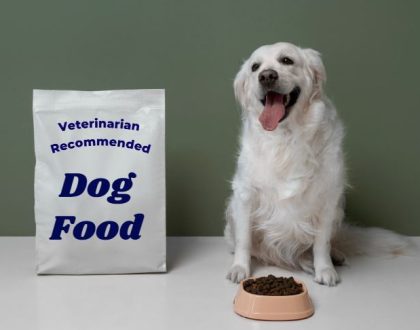
the scientific study of pet nutrition by veterinary nutrition specialists and experts.
What’s the Best Diet for Dogs with Chronic Diarrhea?

Diarrhea is a common problem in dogs. It can be acute, where it occurs suddenly and is (usually) short-lived, often as a result of eating something they shouldn’t have or secondary to other medical issues. Diarrhea can also be chronic, occurring constantly or on-and-off for weeks to months. Chronic diarrhea is one of the most frustrating medical conditions for both dog owners and veterinarians (and especially for us veterinary nutritionists!)
The challenge with chronic diarrhea is that it can have many, many different causes such as parasites, inflammatory bowel disease (IBD), infections, metabolic diseases, intolerance of high fat diets, or, in rare cases, a food allergy. When trying to identify the cause of chronic diarrhea, veterinarians try to get more details about the diarrhea to narrow down which part of the intestine it’s coming from, get a complete diet history, and do some laboratory tests. Depending on the individual situation, a diagnosis may need additional blood or fecal tests (avoid blood and saliva tests for food allergy) or more specific testing, such as abdominal ultrasound or even looking at the insides of the gastrointestinal tract and getting biopsies with a long, thin camera (endoscopy). Identifying and treating any underlying issues is critical to a successful outcome.
If no underlying cause is identified or if testing suggests a diagnosis of IBD, dietary modification can often be beneficial to help manage chronic diarrhea. Some dogs respond well to diet alone, while others have only a partial response to diet and require a combination of medication and diet (and other dogs have no response to diet at all), so it’s important to have realistic expectations. In addition to the challenges of diagnosing the cause of chronic diarrhea, finding the optimal diet for a dog with chronic diarrhea is frustrating because there is no one nutritional approach that helps all dogs with chronic diarrhea. In general, there are three primary nutritional approaches to dogs with chronic diarrhea:
- Elimination diet trial for food allergy: While food allergy is the first thing most owners think of as the cause for chronic diarrhea, it is actually the least likely cause. Diagnosis of a food allergy requires an elimination diet trial which is a strict, exclusive trial with a veterinary novel ingredient, hydrolyzed, or elemental diet for 8-12 weeks. Even if the diarrhea improves on an elimination diet, the improvement may be due to other properties of that diet (e.g., more consistent, lower fat, highly digestible), rather than to food allergy. It’s reasonable to try an elimination diet trial in dogs with chronic diarrhea, but owners should be aware that the likelihood of a food allergy is low in most patients.
The two nutritional approaches that are more likely to be successful for chronic diarrhea are:
- Reduced fat, highly digestible diet: Some dogs with chronic diarrhea respond best to this dietary approach. Dog foods vary widely in fat content: from less than 2 to more than 8 grams of fat per 100 kilocalories (with a dog’s minimum requirement of only 1.4 grams per 100 kilocalories)! The degree of dietary fat restriction needed to manage chronic diarrhea in dogs that respond to this approach varies widely, so some trial and error with the diet’s fat level and digestibility may be needed for individual dogs.
- Increased fiber diet: Dogs with colitis (inflammation of the colon) often respond best to diets that are higher in fiber. But it can be more complicated because there are different types of fiber (which can’t be determined from the guaranteed analysis on current pet food labels). Your veterinarian or a Board Certified Veterinary Nutritionist® can help to identify the best increased fiber diet or fiber supplement (and the correct dose) for your dog. The increased fiber approach also is helpful for some dogs with chronic diarrhea not associated with colitis.
The optimal diet for chronic diarrhea involves a lot of trial and error with these three different approaches so it’s easy to get frustrated. But if one approach doesn’t work, another one may – each dog is an individual but be sure to make only one change at a time to be able to figure out what is or isn’t helping (I recommend keeping a journal of diet and symptoms). And even if diet alone doesn’t completely control your dog’s chronic diarrhea and a combination of medication and diet is needed, optimizing the diet can help to keep the number and doses of medications as low as possible. Therefore, while it can be challenging to find the optimal diet for a dog with chronic diarrhea, it’s worth the extra effort!
Want to read more information on feeding your pet?
Subscribe to always know when we add new material!
Recommended Posts

Can Diet Help With My Dog’s Seizures?
January 18, 2024

The Most Popular Holiday Foods…That Your Pet Should Avoid!
December 08, 2023

Veterinarian Recommended Pet Foods: What You Need to Know
November 05, 2023

